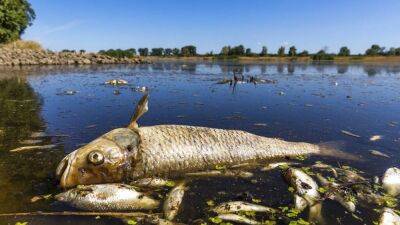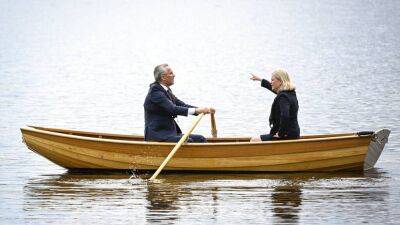Airline chiefs head to Farnborough in buoyant mood, despite economic headwinds
Farnborough has seen its share of aviation firsts. It was the site of the UK’S first powered flight, and of the public debuts of planes from Concorde to fighter jets. But the biennial airshow notched up an unwelcome first in 2020, when it was cancelled after an unbroken 70-year run – a symbol of the turmoil in the aviation industry caused by coronavirus.
It has been a chastening two years for the executives heading back to the Hampshire town this week. Yet for an industry that struggled as much as any during and after lockdowns, the mood among bosses sweltering in England’s record heat is likely to be more upbeat than they would have dared hope in the dark days of 2020.
Sheila Kahyaoglu, equity analyst at investment bank Jefferies, thinks aircraft buyers could go on an “order bender” at the show. An average of 670 planes were ordered per Farnborough over the past decade, but according to her calculations, 800 potential sales are already in the pipeline.
Boeing has so far announced 286 new orders between January and June, but Airbus is already on 442, before a potential 300-plane purchase from Chinese airlines that would give it a commanding position in the world’s second-largest aviation market.
Despite the chaos as airports around the world struggle to return to normal service, the industry is convinced that huge growth is ahead. Boeing says airlines and freight companies will need 41,170 new planes over the next 20 years. Airbus recently increased its forecast from 39,490.
Boeing’s estimate is about 140 planes a year fewer than it predicted in 2019, before Covid and before the extent of the crisis over its 737 Max model became clear after two deadly crashes. However, after replacing retired aircraft, 41,000 new planes would
Read more on theguardian.com













